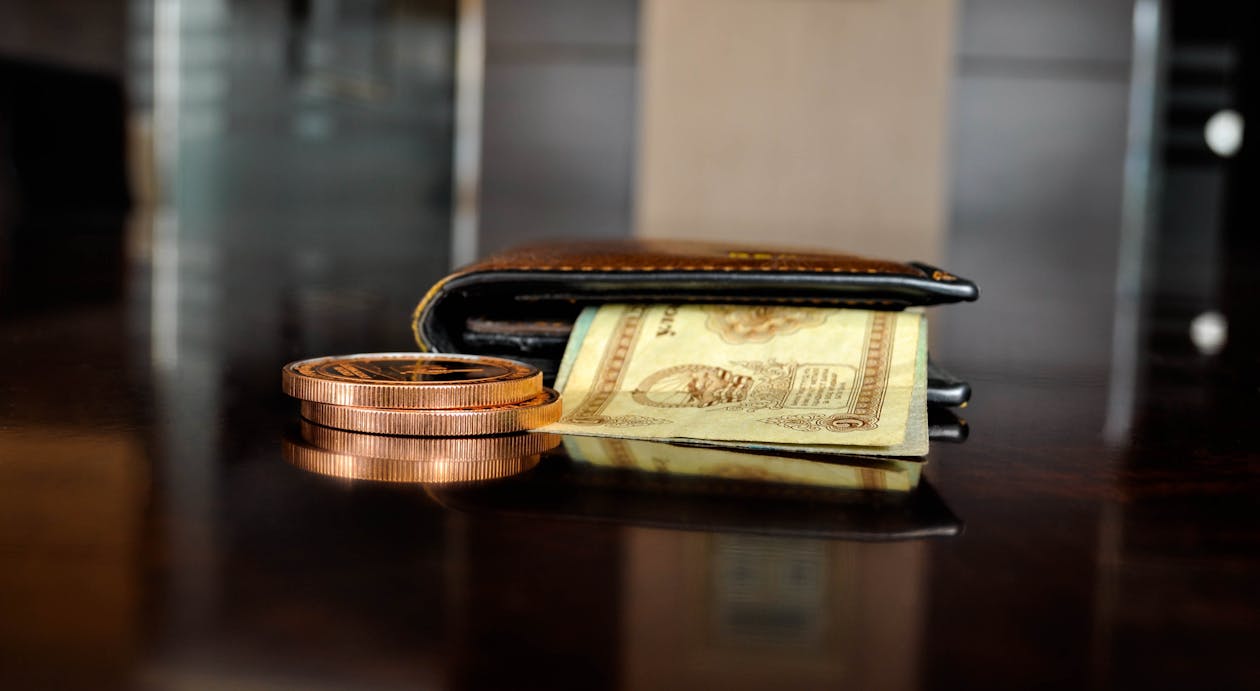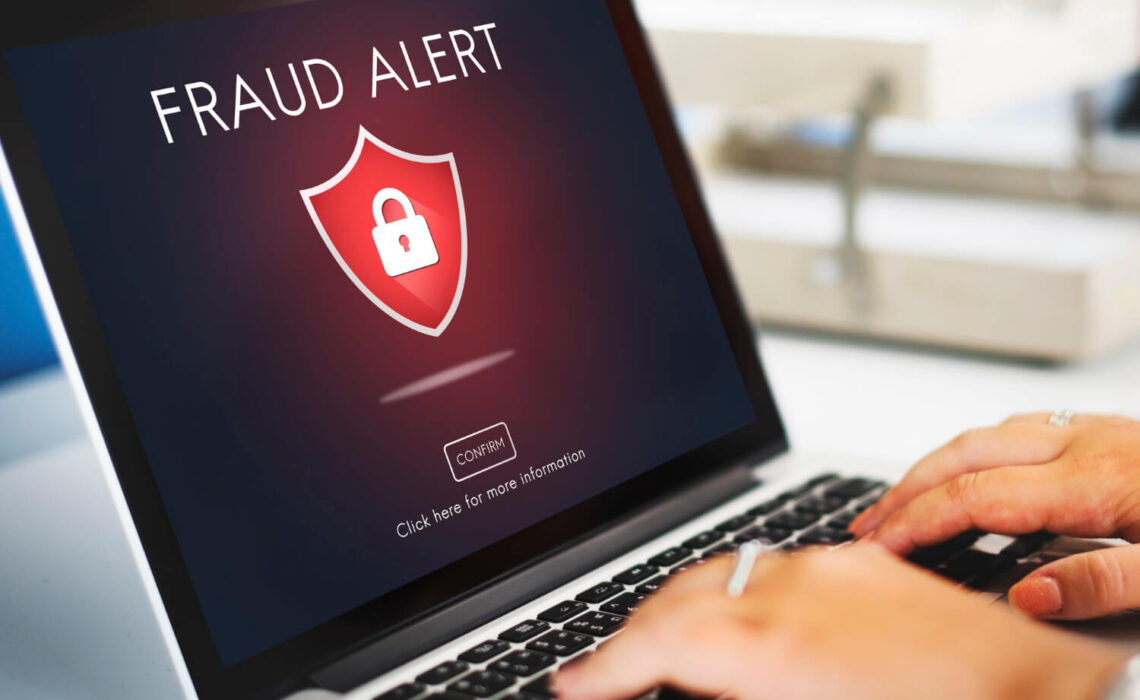Cryptocurrency theft increased by over 500% in 2021 compared to the previous year. In 2021, the total stolen amount of cryptocurrency was worth $3.2 billion. Considering the heft of that figure, you should protect your cryptocurrency.
There is a number of ways to keep your cryptocurrency from stealing, all of which have their pros and cons against possible thefts and hacks. So let’s explore below those different mediums for storing cryptocurrency, along with their advantages and disadvantages.
1. Cryptocurrency Exchange
Table of Contents
When you buy cryptocurrency on an exchange, your coins sit in your wallet on your exchange account, and you may choose to leave them there like a bank account or traditional investing account. However, storing your cryptocurrency assets in your exchange account leaves you vulnerable to possible exchange hacks.
The Benefits of Storing Your Crypto in an Exchange
Despite that risk, reputable cryptocurrency exchanges that have passed the test of time may offer their investors special safety measures compared to non-custodial wallets, where investors need to protect their crypto assets by themselves.
For example, the CEX.IO exchange offers security services like offline cold storage, while a number of global exchanges ensure the funds sitting in your exchange account so that you can have a piece of mind against hackers or scammers who try to steal your cryptocurrency assets.
You can also trade your assets whenever you want and wherever you are in the world if you leave your crypto holdings in your exchange account.
Although major exchanges’ current financial and technological capabilities allow them to compensate for hack incidents fully, you may still choose to protect your cryptocurrency by yourself and take your crypto assets out of the exchange.
2. Non-custodial Wallets
A non-custodial wallet is a type of either physical or software cryptocurrency wallet, which can only be accessed by its owner. In that sense, non-custodial wallets are not under the custody of any cryptocurrency exchange. There is no intermediary that has the capability to access a non-custodial wallet on your behalf, like your bank or your cryptocurrency exchange.
The Importance of Private Keys
All non-custodial cryptocurrency wallets come with a set of private keys, when you download an online, software wallet from the internet, or purchase an offline, physical cryptocurrency wallet. Only you have this private key information in the world regarding your non-custodial wallet, due to which only you have the control to access and make transactions in that specific wallet.
Therefore, you should never ever share your private keys with anyone. If anyone has your private keys, they can easily steal everything from your wallet.
When you first activate a non-custodial wallet, a unique private key is generated, which consists of a long and random sequence of letters and words. You set up a password afterward, using which you can log in to your wallet on your computer or mobile device.
3. Issues With Non-custodial Wallets

The password you set up is only valid for accessing your non-custodial wallet on that same computer or mobile device. In case you would like to access it from another device or have reset your device, you will need your private key, along with its seed phrase, to be able to access your wallet again.
And that is where the problems start with non-custodial wallets. If you ever lose your wallet’s private key and the seed phrase that is provided to you upon activating your wallet, you will lose access to your wallet forever because no other authority keeps that information.
Considering that angle, keeping your cryptocurrency at an exchange that you trust could be safer because you can always reset your exchange password or other login credentials. Still, you can never reset your non-custodial wallet key.
Other than the loss of private keys or seed phrases, non-custodial wallets can also get hacked, just like cryptocurrency exchanges. Software wallets that operate as web browser extensions are especially prone to hacks because your funds in such wallets always remain online. There may be leaks of private key information among such wallets on the web, which may be exploited by hackers who may drain the funds out of your wallet after taking control of your private keys.
In addition to that, impersonators on the web have increased dramatically with the ever-rising popularity of cryptocurrency. This typically happens when you need help regarding a transaction you want to make on a decentralized application (Dapp) with your wallet.
The customer service you reach out to can be an impersonator, for example, and they may ask for the private key information of your wallet. And if for a second you forget about how your wallet operates and you end up giving your private key information to the impersonator, then there is no return after that point. The scammer will likely come and steal all your funds, unfortunately…
Therefore, you need to take full responsibility for your own money if you are going to use a non-custodial wallet to store and protect your cryptocurrency.
4. Offline Wallets
In contrast to software wallets that operate on your web browser or on your mobile device, hardware wallets are offline cryptocurrency wallets and they are not connected to the internet unless you connect the wallet to your computer or mobile device to make a transaction.
Due to their offline status, hardware wallets are also called “cold wallets”.
Even though the physical wallet is connected to the internet while making a transaction, the signing of the transaction by its private key is still held offline before the transaction is sent online to the blockchain for confirmation. Due to this capability, even a malware-infected computer or mobile phone is unable to breach into the hardware wallet while you are transacting with the blockchain of your cryptocurrency.
Physical, offline wallets can provide the strongest protection for your cryptocurrency holdings.
One problem with offline, cold wallets is that the manufacturing company may keep the private key information of its manufactured wallets in its records. If ill-intentioned people manage to break into the servers of the company, they may steal the private key information of wallets, and your hardware wallet will become compromised immediately after it is connected to the internet.
So, when trading cryptocurrencies, make sure to follow these precautions:
- Try to purchase an offline hardware wallet.
- Always use a secure internet connection.
- Never use, connect, or make a transaction with your non-custodial wallet in a public location where you are connected to public wi-fi.
- Always maintain multiple exchange accounts and wallets – register for an account with different exchanges and activate various online and offline wallets.
- Distribute your cryptocurrency holdings among your exchange accounts and non-custodial wallets. Never keep everything in one place.
- Change your passwords regularly both for your exchange accounts and for your non-custodial wallets.
Conclusion
When choosing a cryptocurrency wallet, decide which one suits your needs and lifestyle. People who travel a lot or are often not at home will rather choose online storage accessible from any device with an internet connection. While those holding big amounts of crypto and not going to trade it in the near future would prefer cold storage.
Anyway, keep in mind that a wallet provider should guarantee the security of your funds, whether you choose a crypto exchange or a Ledger wallet device. Check the security measures provided by a company and verify their legitimacy.
Remember that even if you use a custodial wallet, you are the only one who’s responsible for the safety of your funds. Only you know the password to your account and can perform other security checks like multi-factor authorization.
- How To Create A Safe And Comfortable Home Environment For In-Home Care In Boca Raton? - July 16, 2024
- 10 Trendy Black Nail Ideas To Elevate Your Nail Game - May 6, 2024
- Getting A Free Divorce In Virginia? Here’s What To Expect - April 24, 2024











No Comments